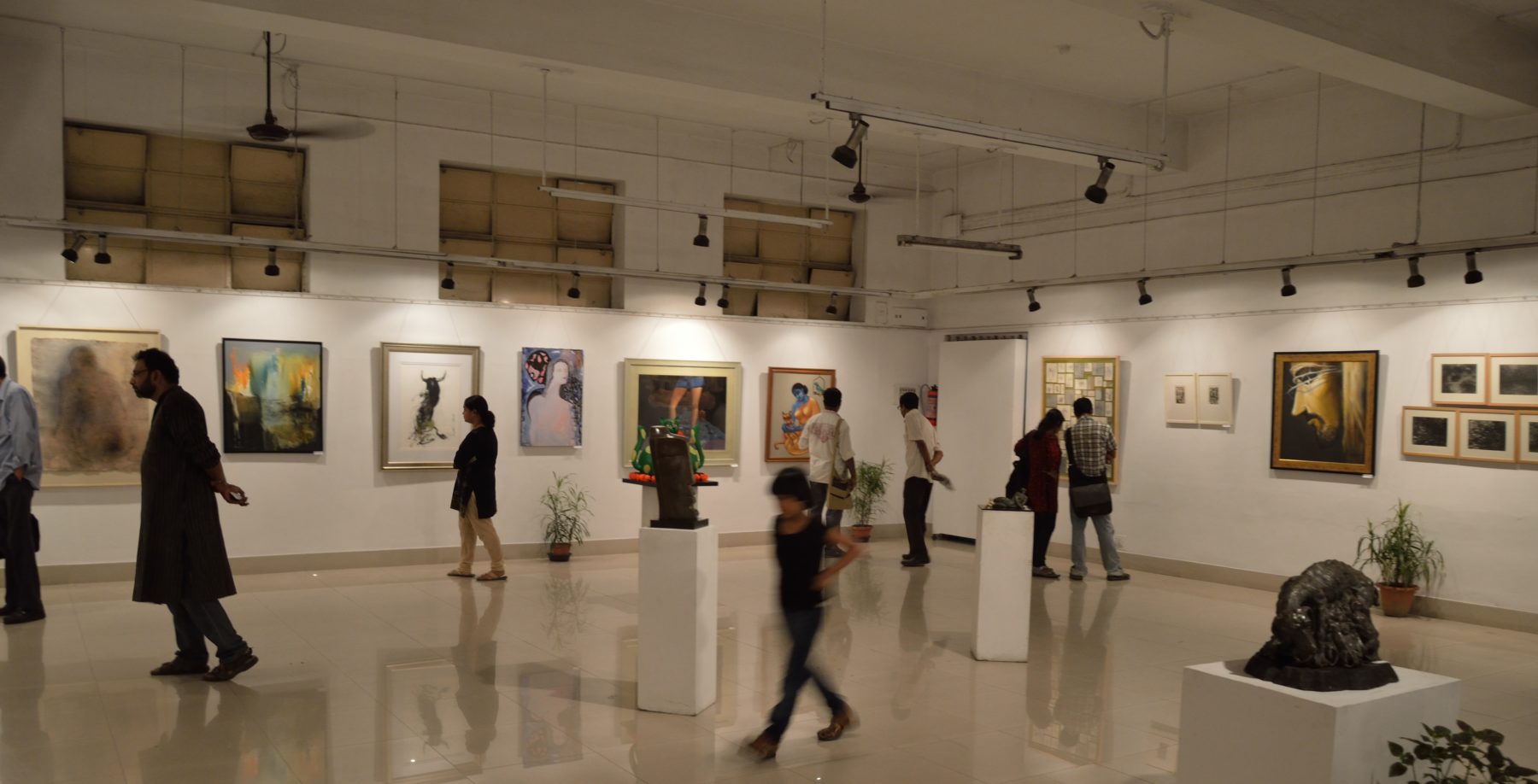1. Eleonora Belfiore and Oliver Bennett. Cultural Trends, Vol. 3. “Determinants of Impact: Towards a Better Understanding of Encounters with the Arts.” 2007. United Kingdom.
This article argues that current methods for assessing the impact of the arts are largely based on a fragmented and incomplete understanding of the cognitive, psychological and socio-cultural dynamics that govern the aesthetic experience.
2. Eleanora Belfiore and Oliver Bennett. Cultural Trends, Vol. 4. “The Social Impact of the Arts.” 2009. United Kingdom.
This short book is the result of a 3-year Arts and Humanities Research Council and Arts Council of England funded project at the Centre for Cultural Policy Research (CCPR) at the University of Warwick. The research encompasses: orthodoxy amongst arts advocates that art can transform lives; the large scale of government investment in the arts and arts education; recent political commentary on the utility of the arts for the economy and national identity formation; the tainting of research on impacts by advocacy; and the recent “intrinsic versus instrumentalist” debate on the role of the arts in the UK.
3. Guz Raz, Titus Kaphar, Dre Urhahn, eL Seed, Magda Sayeg, and Benjamin Zander. TED Radio Hour. “How Art Changes Us.” 2019. United States.
In this edition of the TED Radio Hour, speakers share ideas on the transformative nature of art and its ability to shape the way we see ourselves and the world around us.
4. Armine Avetisyan, Cynthia Cohen, Emily Forsyth Queen, and Toni Shapiro-Phim. Brandeis University. “Imagine Impact: An emerging strategy to strengthen the arts, culture, and conflict transformation ecosystem.” 2019. United States.
IMPACT is an initiative of the Program in Peacebuilding and the Arts at Brandeis University, in collaboration with the Baker Institute for Peace and Conflict Studies at Juniata College and Maseno University in Kisumu, Kenya. This report makes the case for the power of arts and culture to transform conflict and advocates for a platform to support the arts ecosystem.
5. Alexis Frasz and Holly Sidford. Helicon Collaborative. “Mapping the Landscape of Socially Engaged Artistic Practice.” 2017. United States.
Helicon Collaborative, supported by the Robert Rauschenberg Foundation, began this research in 2015 to contribute to the ongoing conversation on socially engaged art. Their goal was to make this realm more visible and legible to practitioners and funders.
